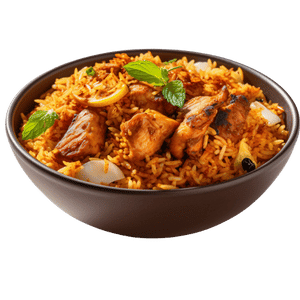Local gastronomy of the Indian Ocean
TOURISMER Association vous propose un aperçu des plats emblématiques de la culture gastronomique des pays de l’Océan Indien.
The gastronomy of the Indian Ocean is a true celebration of the diversity of flavors and culinary traditions. Each dish tells a unique story, illustrating the rich heritage and cultural mix of these paradise islands.
This culinary heritage represents an authentic crossroads of cultures, flavors and traditions, influenced by migrations, maritime trade and colonization. It incorporates elements from African, Asian, European and Middle Eastern cuisines. Each island and coastal region of the Indian Ocean has developed a distinctive cuisine, while sharing common points that highlight this culinary mix.
Main Characteristics of Indian Ocean Cuisine
Fresh and Local Ingredients
Indian Ocean cuisine relies on local and fresh ingredients, often from the sea or surrounding lands. There is a variety of fish and seafood, as well as tropical fruits like mango, papaya and coconut, not to mention spices and fresh herbs. Local agricultural products, such as rice, cassava, lentils and various vegetables, are fundamental elements in many dishes.
Use of Spices and Aromatic Herbs
Spices occupy a central place in Indian Ocean cuisine, reflecting the historical influence of India and the ancient trade routes crossing this region. Turmeric, ginger, cinnamon, cardamom, cumin and cloves are commonly used ingredients. Additionally, elements such as curry leaves, chilli and coriander enhance dishes, giving them exotic and intense flavors.

We encourage responsible travel in the Indian Ocean
Responsible travel in the Indian Ocean allows you to discover this region, as well as its people and culture, in an authentic way. You will have the opportunity to immerse yourself in the way of life of the inhabitants and deepen your knowledge of the neighboring countries.
